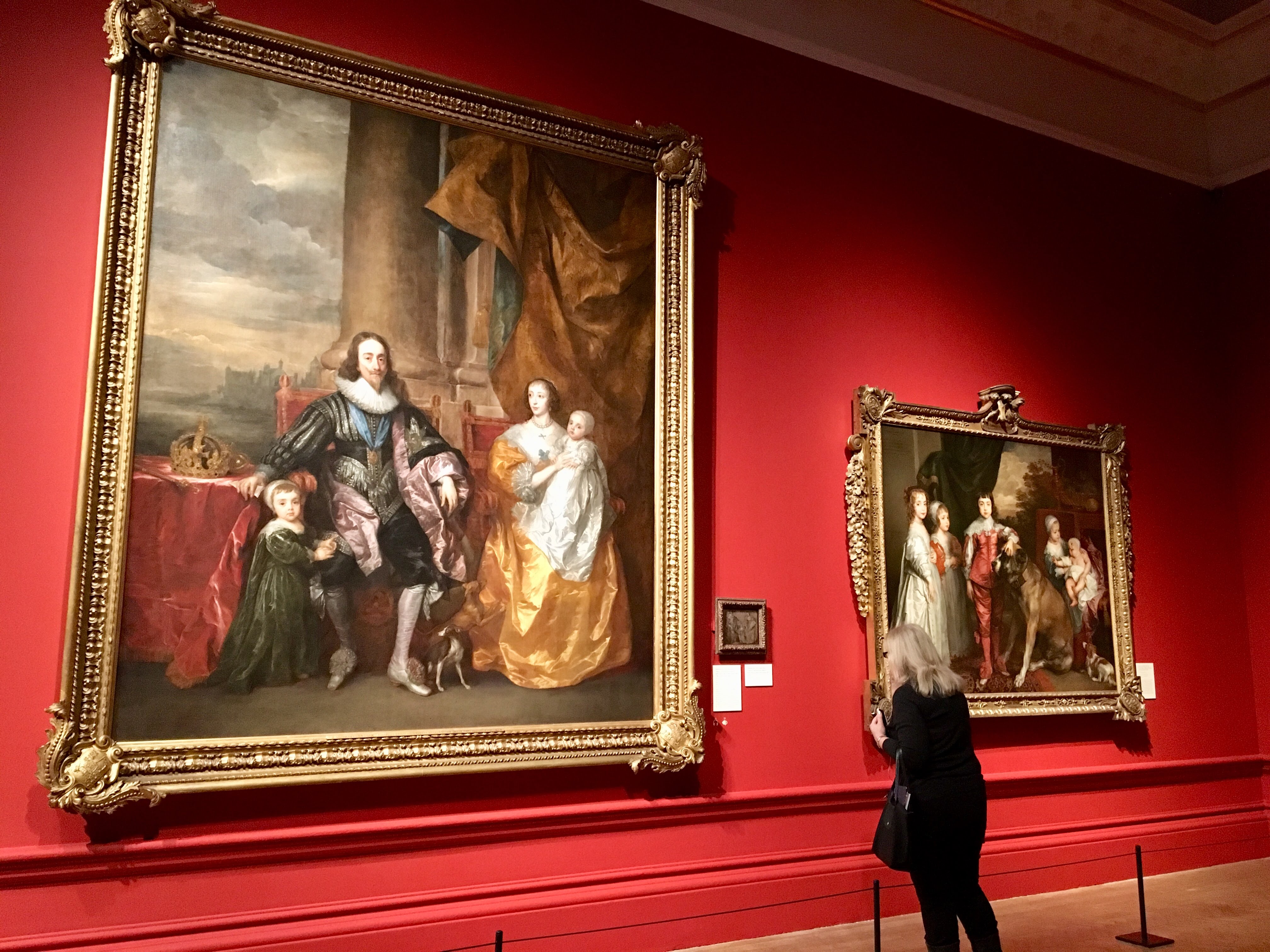
ACADEMIC YEAR 2025/2026
Prof. Virginia Magnaghi
--------------
ACADEMIC YEAR 2022/2023
Prof. Maria Assunta Sorrentino
( This email address is being protected from spambots. You need JavaScript enabled to view it. )
----------------------------------------
ACADEMIC YEAR 2021/2022
- MS TEAMS class -
------------------------------------------
Academic Year 2018-2019
Instructor: Prof. Maria Assunta Sorrentino ( This email address is being protected from spambots. You need JavaScript enabled to view it. )
Schedule: 2nd semester - lessons start March 6th. For full Schedule click here
Office: Building B, II Floor, Room 25
Office Hours: to be defined
Prerequisites:
Art history knowledge and notions of works of art conservation.
Objectives:
The course has the aim of improving the knowledge of all the procedural and technical-logistic phases developed -along the years- by the most advanced international working groups. Students will learn all the necessary aspects aimed at coordinating, organizing, realizing and managing exhibitions and cultural events, starting from the scientific project and including activities in the Museum premises.
The course provides with a better understanding of the overall logistical issues to be tackled, giving the necessary instruments to address priorities in the various organizational phases and to autonomously identify solutions.
Throughout an interdisciplinary and problem-solving approach, the course will also focus on other disciplines, necessary to address complex issues such as organizing exhibitions and cultural events.
Programme:
The course will identify and explain the methods adopted and the skills necessary to design, implement and manage exhibitions (project, budget, loan application procedures, insurance and indemnity, artworks moving, agreements, preparation, reception, graphics, communication, etc).
The course will be structured in frontal lessons and in guided visits to temporary and permanent exhibitions in order to combine the knowledge acquired in classroom with learning by doing activities, workshops, simulations, projects and questionnaires.
Students will be encouraged –individually and in group- to develop both independent judgement, collaborative capacity and transversal skills. In the final phase of the course, students will be asked to draft a concept of an exhibition project and to participate to a simulation of the procedures and the coordination of the set-up phases, as well as to identify all the professional figures involved, in order to combine the theoretical knowledge acquired to practice.
Exam:
The verification will consist of an oral exam, combined with the written activities held during the course. The evaluation will take into consideration both the theoretical knowledge acquired and the critical and analytical capabilities during site visits, workshops and simulations. Communication and interaction skills as well as an appropriate technical language will be considered as a plus in the final evaluation.
Study materials:
All students are required to study the following texts:
- Lending to Europe. Recommendations on collection mobility for European museums, 2005
- Confidence in mobility. European museum networks, Judith Ara Lázaro, Museo Nacional del Prado
- Temporary exhibitions- What’s Hot and What’s Not in Loans Administration, Nickos Gogolos, 2010
- Revised Courier Guidelines. Executive Summary, Gruppo Bizot, 2009
- Revised Loans Guidelines, Bizot Group 2008
- Code of the cultural and landscape heritage, Legislative Decree 42/2004
- Uk Standard Facilities Report
